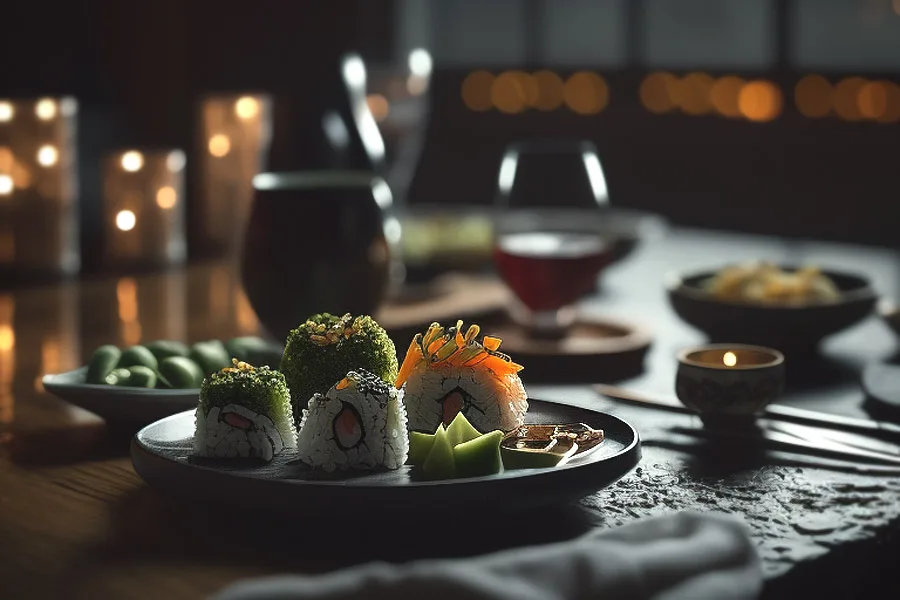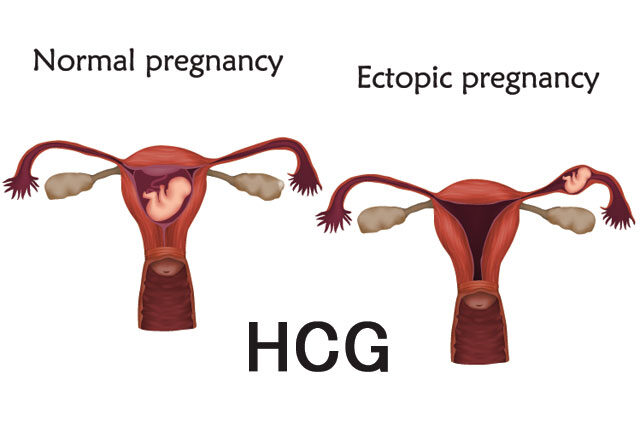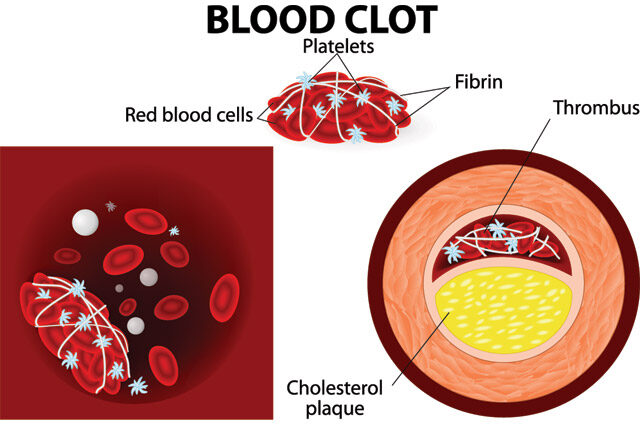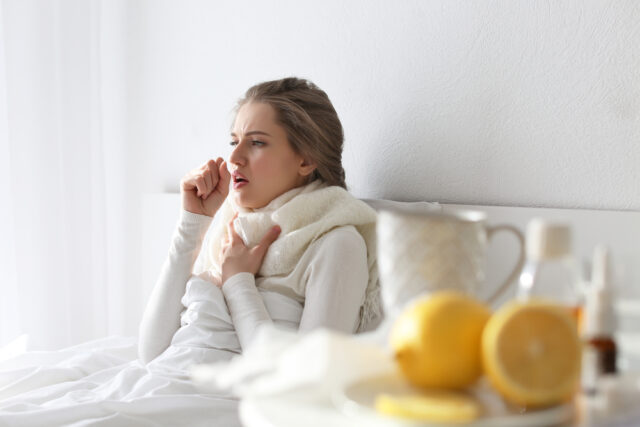Food cravings during pregnancy are common thing. But what if the only thing you can think of is sushi? Can you enjoy those tasty rolls without risk for the fetus growing inside you? Well, it depends on your preferences. While sushi, overall, is not forbidden, it’s essential that you avoid kinds containing raw or undercooked sea foods.
While containing tons of vital nutrients, like Omega-3 fatty acids, iron, iodine, magnesium, and calcium, raw fish in your favorite rolls may also be the source of parasites and bacteria. They may harm your unborn baby and trigger some developmental abnormalities in the fetus. Still, you shouldn’t worry as there are plenty of alternatives you can enjoy safely. Are you ready to know more? We’ll be glad if you join our brief journey into why you should avoid sushi while pregnant.
Risks of Eating Sushi while Pregnant
Eating sushi while pregnant is like playing Russian roulette because you never know whether it will end up well. So, not to risk the life of the woman and her unborn baby, expecting mothers should better delay their gastronomical travel to Japan for the days when their newborn is already peacefully sleeping in their crib.
The main thing doctors warn pregnant women about eating sushi is the risk of developing a foodborne illness. In healthy non-pregnant adults, food poisoning may not have lifelong consequences or severe symptoms. But when it comes to pregnant ladies whose immune system is weakened, such a disease may be life-threatening for both the mother and the baby.
Eating sushi while pregnant bears several major risks. They are:
- contamination with mercury;
- listeriosis;
- PCB chemicals poisoning.
Listeria
Listeria is a type of bacteria found in certain foods. Sushi is one of the common sources of this infection. The pathogen causes a disease called listeriosis. According to the Centers for Disease Control and Prevention, about 1600 people get this condition every year. Out of them, 260 people die.
The disease is most likely to affect pregnant women and their babies, elderly people, and those with compromised immunity. The sources of the bacteria are multiple, including dairy products, meat, and raw sprouts. Yet, in the context of sushi, you can get listeriosis from eating the kinds containing smoked salmon, tuna, and other sorts of fish labeled cold-smoked.
Eating listeria-contaminated sushi in the first trimester of pregnancy can cause a miscarriage. Getting listeriosis during the third trimester can result in preterm labor, a baby’s low birth weight, and even infant death. We guess these are strong arguments for avoiding sushi during pregnancy.
Mercury Contamination
The FDA recommendations claim pregnant women should eat at least two servings of sea fish per week. The primary goal of adding seafood to the diet is ensuring the mother gets the nutrients essential for their baby’s braid development and healthy heart function.
However, there’s a small “but”. Some sorts of sea fish contain high mercury levels, which is potentially dangerous for the unborn baby. The risks of mercury exposure for the fetus include:
- brain damage;
- blindness;
- coordination disorders;
- mental retardation, and others.
These tend to be particularly dangerous if a woman eats sushi while pregnant first trimester, as this is the time when the formation of all organs and systems is happening. So make sure you eliminate sushi of your diet, at least during this time.
To be on the safe side, you should avoid eating mercury-rich fish such as:
- tuna;
- king mackerel;
- shark;
- marlin;
- swordfish.
Instead, you can safely eat sushi with cooked crab, salmon, shrimp meat, etc.
PCB Chemicals
PCB chemicals are another name for polychlorinated biphenyls. These are the chemical pollutants people primarily get from the foods we eat. They were widely used in the 1960s. But they were banned in the 1970s due to the toxic effect on human health. Still, the problem hasn’t disappeared then. PCBs have accumulated in the air, but their highest concentrations are found in water, oceans in particular.
This is why sea fish used in sushi can be a source of PCB chemicals. Pregnant women exposed to this contaminant are at high risk of premature labor.
Raw Sushi
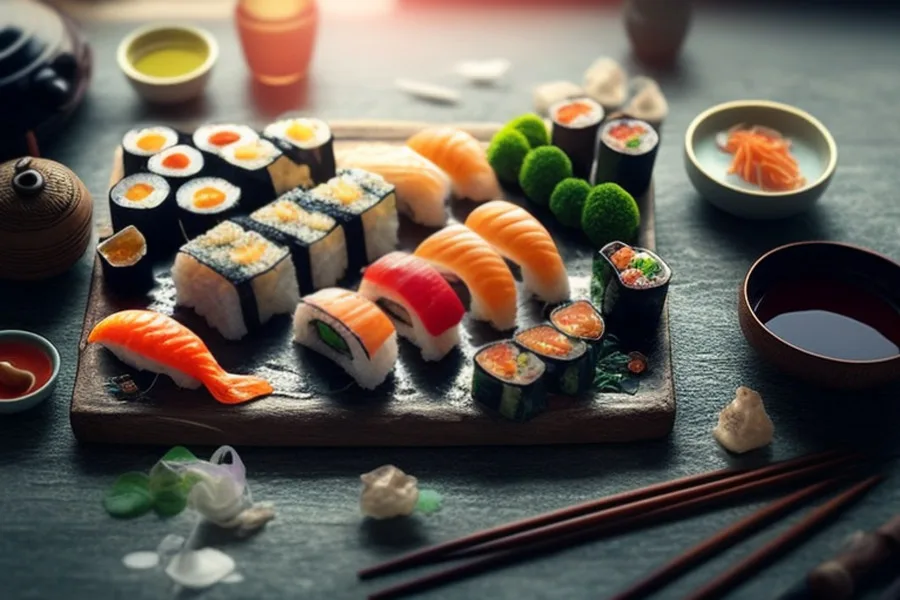
Raw sushi and sashimi are a big NO during pregnancy. The presence of raw fish or seafood in this item of Japanese cuisine makes them dangerous for people with low immunity, including pregnant individuals.
Uncooked fish is a source of parasites and bacteria. They can trigger the development of severe medical conditions such as listeriosis or anisakiasis.
State health organizations generally do not recommend eating raw sushi during pregnancy. Still, there is a way to make those foods safer. Aside from cooking, one can also kill the parasites in raw fish by freezing them. It is generally recommended to keep the fish frozen at 20 degrees C for 24 hours or lower the temperature to 35 degrees to shorten this period to 15 hours.
Cooked Sushi
The good news for pregnant sushi lovers is that they still can enjoy their favorite sushi tastes without risks to their and their baby’s health. Cooked fish, shrimps, crab, and other seafood in sushi are safe.
Bacteria and parasites are killed while being exposed to high temperatures. Nevertheless, the chances of consuming excess amounts of mercury or being exposed to PCB chemicals preserve, so you should still be careful when picking what fish should be added to your cooked sushi.
Safe Sushi while Pregnant
If you still cannot help your sushi cravings, there is a great diversity of cooked pregnancy-safe sushi names. They include but are not limited to
- California rolls;
- Eel sushi;
- Dragon rolls (shrimp tempura roll);
- Vulcano sushi;
- Crunchy roll sushi;
- Vegan sushi.
Summary
When it comes to eating sushi while pregnant, it’s essential to know the content of the dish. While some kinds of sushi are safe during pregnancy, others should be avoided as they bear too much risk for an expecting mother and her baby.
FAQ
It’s recommended to avoid eating raw sushi during pregnancy. However, you can safely eat cooked sushi types.
Yes. California rolls contain cooked imitation of crabmeat and, therefore, possess no danger of infection. Still, ensure the fish used instead of crabmeat is low in mercury.
Yes. The Japanese tradition of eating sushi doesn’t require pregnant women to stop eating them once they learn about their new state. In fact, sushi in Japan is recommended during pregnancy. They are considered a source of nutrients and a part of a healthy diet.

